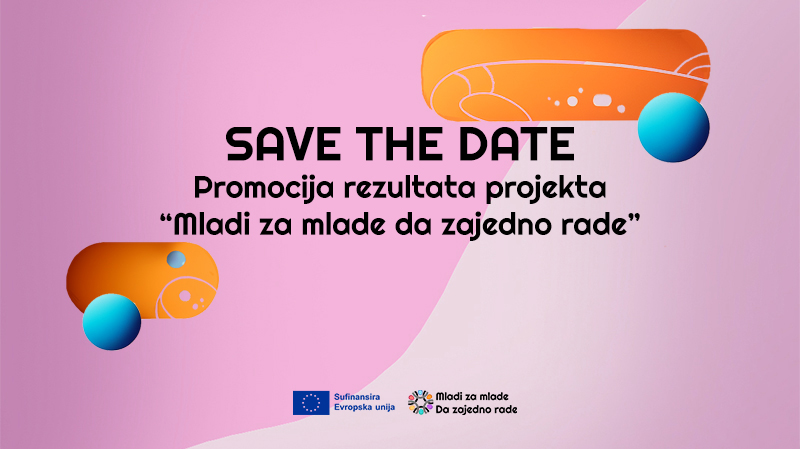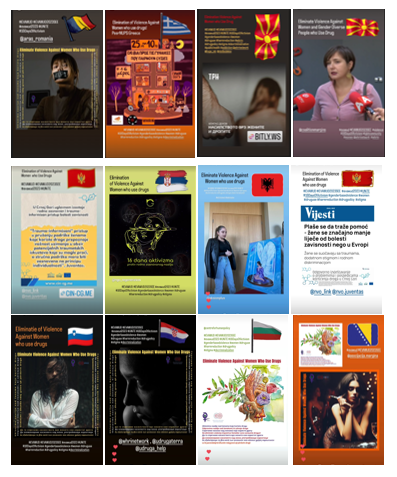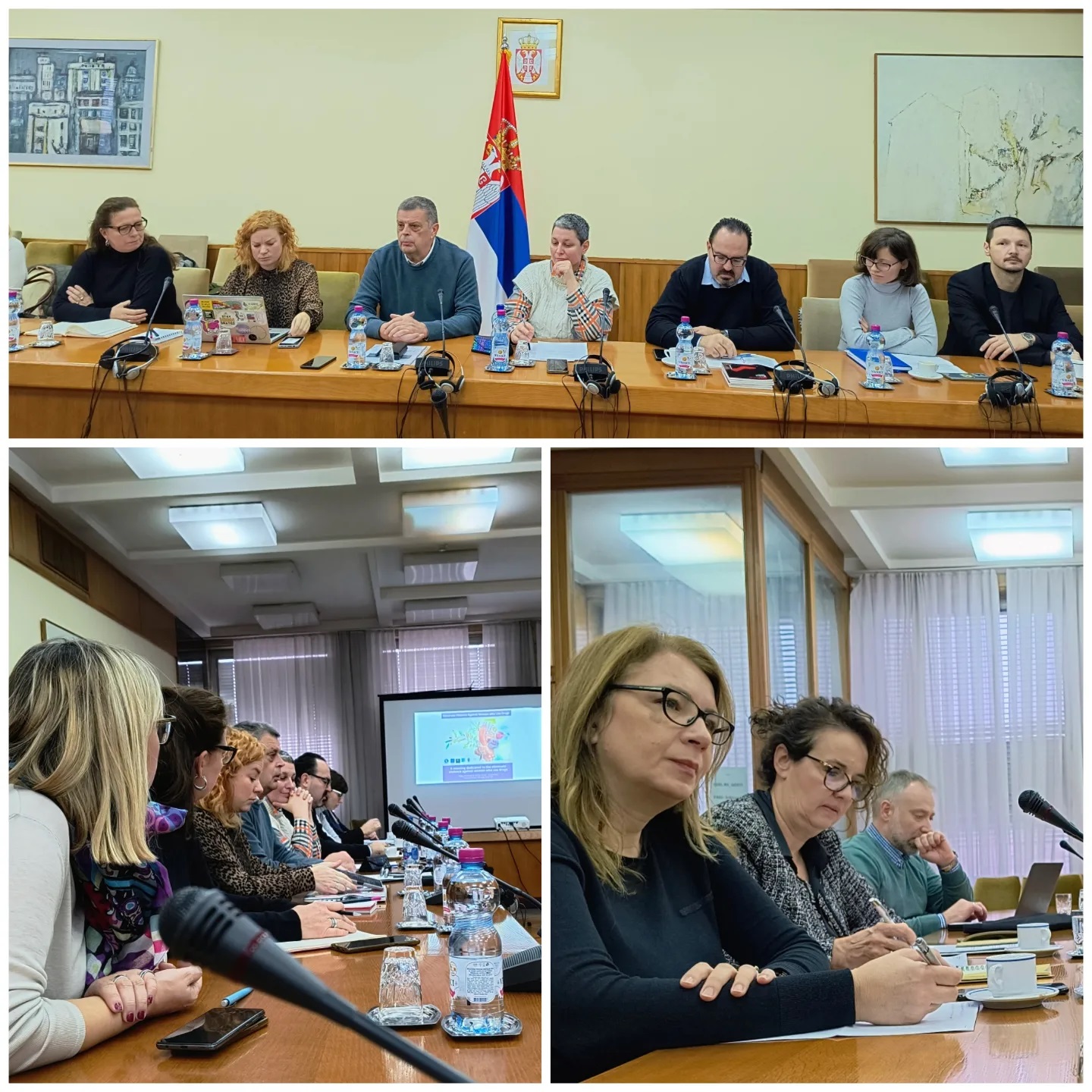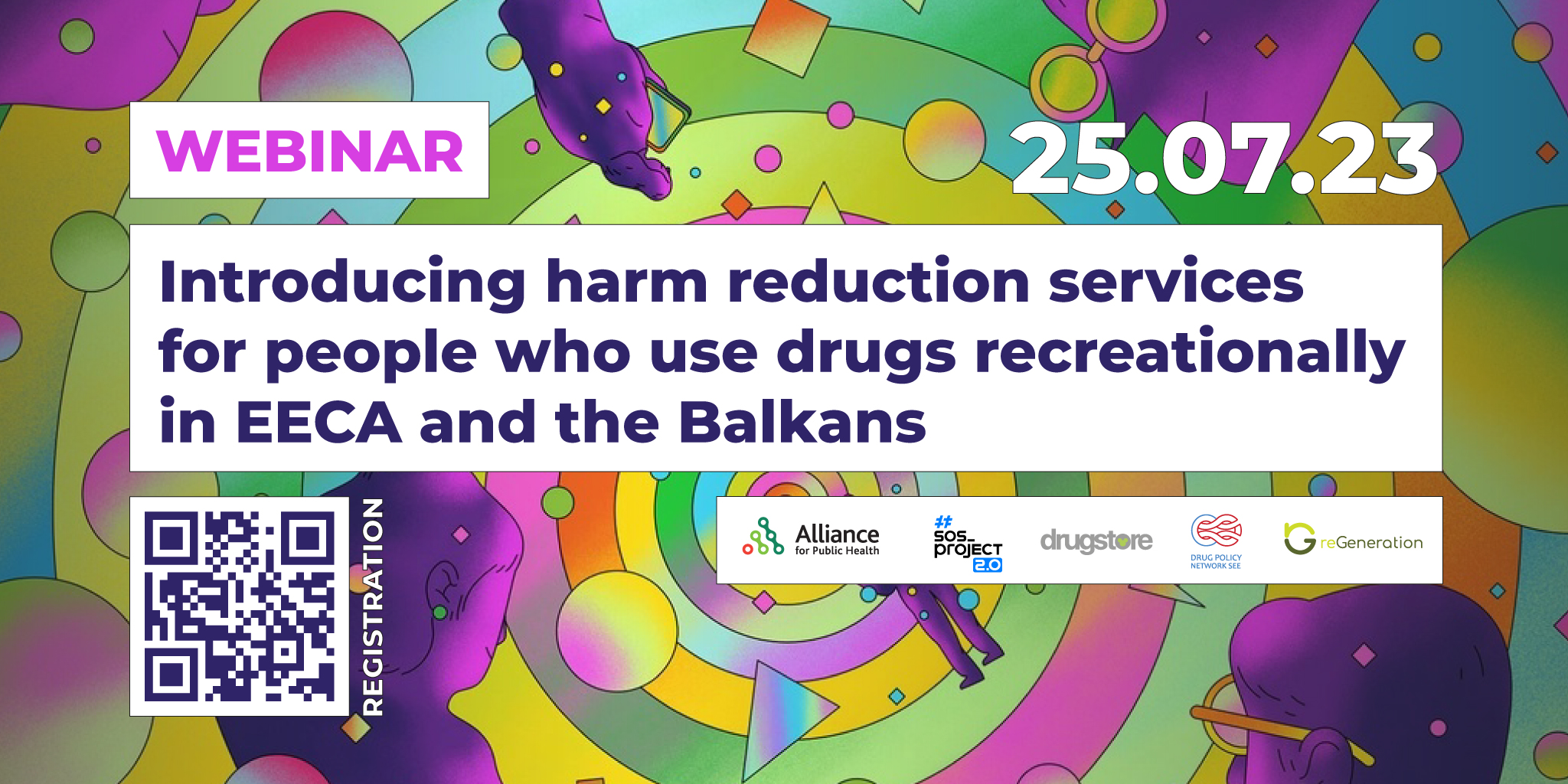The Drug Policy Network South Wast Europe hosted a webinar to present the recently published data related to harm reduction and HIV/AIDS in South East Europe on 26 November 2024. Besides presenting the data, it was an opportunity to discuss ways in which data should be more reliable and how to integrate data collected by civil society organisations in govrenmental reporting.
Following the welcome address by Nebojša Đurasović, DPNSEE President, we had excellent presentations:
- Global State of Harm Reduction report – presented by Colleen Daniels, Deputy Director and Public Health Lead, Harm Reduction International (2024 available here>>>)
- Harm Reduction in South East Europe – Marios Atzemis, DPNSEE Board member (available here>>>)
- Civil Society Monitoring of Harm Reduction in Europe – Iga Jeziorska, Senior Research Officer, Correlation – European Harm Reduction Network (available here>>>)
- HIV/AIDS surveillance data for South East Europe (data from the European Centre for Disease Prevention and Control – ECDC) – Milutin Milošević, Executive Director, DPNSEE (available here>>>)
In addition, DPNSEE had sent data by countries and territories to its member organisations and governmental institutions. You can also download them here:
Albania Bosnia and Herzegovina Bulgaria Croatia Greece Kosovo*
Montenegro North Macedonia Romania Serbia Slovenia Turkey
DPNSEE informed that the European Centre for Disease Prevention and Control – ECDC will publish the HIV/AIDS surveillance in Europe 2024 (2023 data) report on 28 November at https://www.ecdc.europa.eu/. DPNSEE will process the new data and prepare new visuals in early 2025.



 The Forum membership comprises 45 civil society organisations coming from across Europe and representing a variety of fields of drug policy, and a variety of stances within those fields. Its purpose is to provide a broad platform for a structured dialogue between the Commission and the European civil society which supports drug policy formulation and implementation through practical advice.
The Forum membership comprises 45 civil society organisations coming from across Europe and representing a variety of fields of drug policy, and a variety of stances within those fields. Its purpose is to provide a broad platform for a structured dialogue between the Commission and the European civil society which supports drug policy formulation and implementation through practical advice.




 At this side event, we presented the scientific and political background for such policy changes and models of decriminalization that may be used, using
At this side event, we presented the scientific and political background for such policy changes and models of decriminalization that may be used, using 




 From more than 30 social networks accounts (Facebook, Instagram and Twitter) of partners in the region, 70+ posts, stories and photos were shared. They reached arounf half a million users who interacted seeing reacting, commenting and reposting. Most of these posts were at the DPNSEE
From more than 30 social networks accounts (Facebook, Instagram and Twitter) of partners in the region, 70+ posts, stories and photos were shared. They reached arounf half a million users who interacted seeing reacting, commenting and reposting. Most of these posts were at the DPNSEE 

 Participants came from several intitutions, including ministries on human and minority rights and social dialogue and health, the Institute for Public Health and UNODC representatives for South East Europe, and civil society organisations.
Participants came from several intitutions, including ministries on human and minority rights and social dialogue and health, the Institute for Public Health and UNODC representatives for South East Europe, and civil society organisations.

